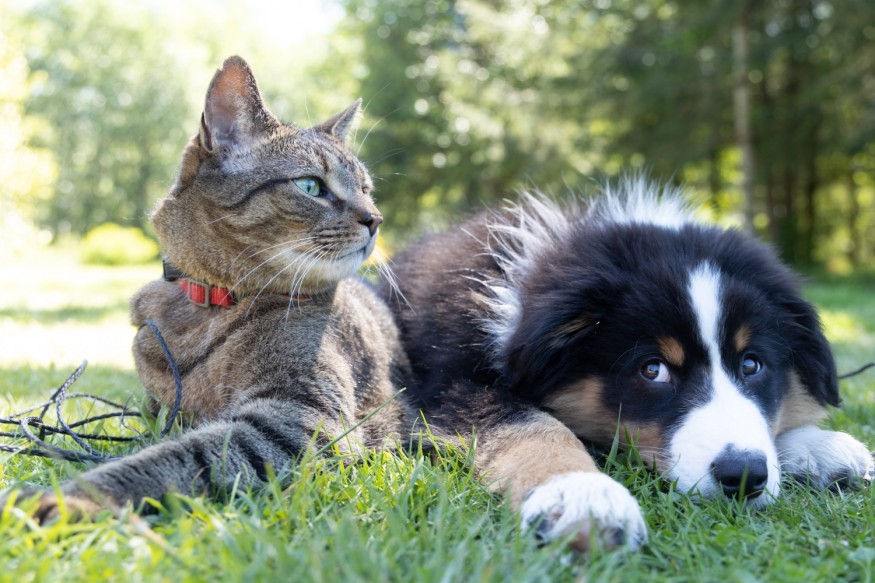
Before you bring a pet into your home, it's important to understand what that pet will need and how much time you'll need to dedicate to caring for them. After all, bringing home any new pet is a major responsibility. Not only do you need to consider the cost of food, supplies, vet visits, how to select pet insurance plans, and general upkeep of their living space but also how much attention they'll need from you.
Pets can be wonderful additions to any family but they also require lots of care, something that many potential owners don't always think about. Read on to find out four essential things you should know before getting a pet.
1. Decide What Type of Pet You Want and Why
Before you rush out and get a new pet, you should decide what type of pet you want, why you want a pet, and whether a pet is a good choice for you and your family. Why do you want a pet? Do you want a pet for companionship, for a child's education, to help with a mental health condition, or to help you get more exercise?
What type of pet do you want? Do you want to get a dog, cat, fish, bird, lizard, or something else? Are you willing to make a lifelong commitment to this pet? Pets are a long-term commitment and you should make sure you're in a position to take care of your pet for the duration of its life.
2. Research the Costs of Owning a Pet
Pet ownership comes with a host of costs that you'll need to plan for, from the initial adoption fee to regular vet visits and the purchase of pet food and toys. Depending on the type of pet and their specific needs, these costs can vary significantly.
For example, dog owners will incur higher costs besides food, because dogs spend a lot of their time outdoors, will need regular vaccinations, and are more exposed to health risks in general. Indoor cat owners may incur almost no expenses besides food, cat litter, initial shots, and spaying/neutering, as indoor cats are usually exposed to fewer risks.
If your pet will be spending a lot of time outside, pet insurance can be a great investment simply because the outside world is a more dangerous place than spending all its time indoors.
You should also consider the long-term costs of pet ownership. For example, an average indoor cat can live 12 to 15 years. Dogs are more variable, largely based on their size; 8 to 14 years is average, depending on their size and breed. This means that owning a pet is not just a one-off decision. It's something you'll likely have to plan for in your budget, schedule, and lifestyle for years to come. Pet insurance can help make managing ongoing veterinary costs much more affordable.
3. Understand How Much Time You'll Need to Care For Your Pet
If you're adopting a young, healthy pet, the amount of time it'll need from you will vary. For example, kittens, puppies, and other young animals need to be fed several times a day and need lots of attention and playtime. Some adult pets may also need a lot of your time depending on their specific needs.
For example, senior animals often need some extra care and attention as they age. You should also consider how much time you'll need to spend cleaning and tidying up after your pet. Cats, for example, will need regular litter box cleaning. Dogs need to be walked regularly, and there will be times when they may soil your indoor space.
If you think you are ready to commit to caring for a pet, you can find puppies for sale from reputable breeders and find the perfect furry companion that fits your lifestyle and schedule. Owning a pet is a rewarding experience that brings joy and companionship, so be sure to be a responsible owner.
4. Find Out About the Space Requirements for Your Pet
Before you adopt a new pet, you should carefully consider the space required for that pet. If you don't have enough space for them, you may be at risk of having to re-home or abandon them. Abandonment is cruel and illegal in some areas.
For example, dogs need a lot of space to run around, play, and interact with you in a safe environment; a home with a yard is ideal. Cats, on the other hand, can be kept inside entirely and don't need a lot of space to thrive. In fact, they're generally better off living indoors because they're less likely to be injured or to unnecessarily prey on wildlife. Birds and other small animals also need to live in an appropriately sized environment. Fish or small reptiles may be suitable if you live in a small apartment.
The Cat's Meow
Getting a new pet is a big decision. You need to consider what that pet will need from you in cost, time, and space. Before you adopt a new pet, you should carefully consider what type of pet will suit your family and lifestyle.
© 2025 NatureWorldNews.com All rights reserved. Do not reproduce without permission.





